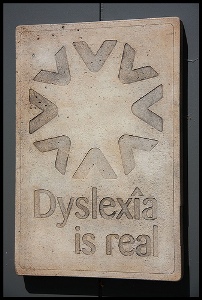Books for psychology students and curious minds
Dyslexia: Theory or Hypothesis?
I'm doing a master's assignment on the phonological deficit hypothesis / theory of dyslexia - a literature review (3000 words). My dilemma is that my lecture notes call it a theory, whereas the assignmment calls it a hypothesis.
Is there a difference in emphasis? I've noticed that journals use both terms!
I've actually completed the assignment and became unsure when comparing the phonological deficit hypothesis with other 'theories' such as the magnocellular and cerebellar ones. I've tried to avoid the issue by referring to 'models' and 'frameworks.' Any idea if this is OK?
Any advice greatly appreciated.
Comments for Dyslexia: Theory or Hypothesis?
|
||
|
||

